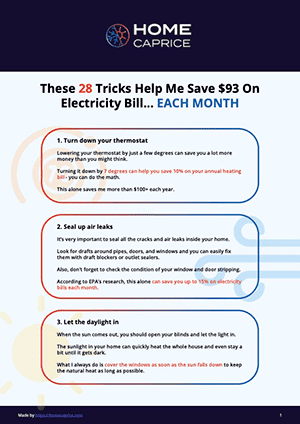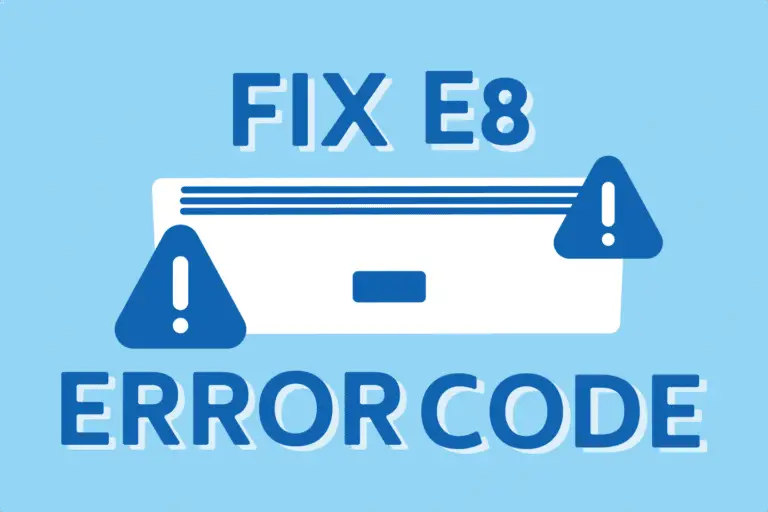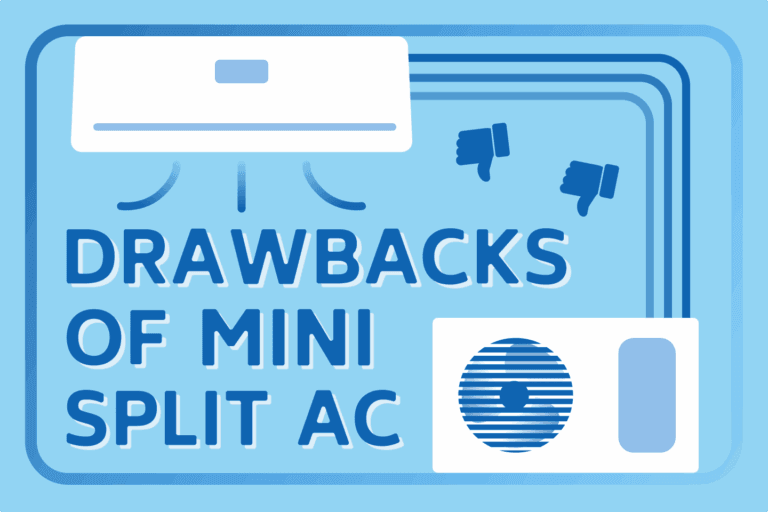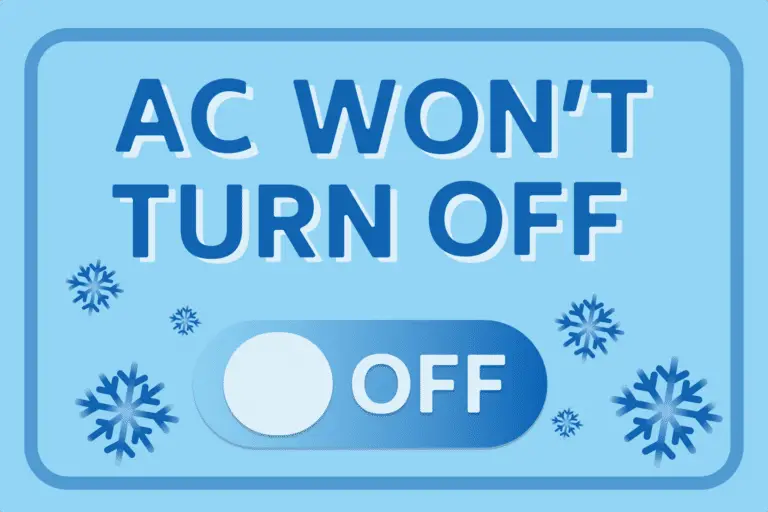If you want an air conditioner that’s very energy-efficient, super quiet, and it has a constant distribution of color or warm airflow – you might consider getting an inverter air conditioner.
It became very popular in the past few years and it’s not a coincidence – they are very efficient and provide a powerful output.
We also mention the best inverter air conditioner at the end of the article in case you are looking for one (SPOILER: it’s Dreo TwinCool)
However, there are a few things that you need to know about inverter air conditioners.
Let’s first cover the basics.
How Do Inverter Air Conditioners Work?
Inverters are responsible for controlling the power frequency of the motor and controlling the compressor’s rotational speed which all have a lot to do with the room’s temperature.
Of course, we all know that the air conditioner has to maintain the room’s temperature.
With inverter technology, air conditioners can adjust the room’s temperature just by changing the speed of the motor and controlling the compressor’s rotational speed – they don’t require the motor to turn itself off or on.
That being said, it doesn’t need that extra energy to turn the motor again which saves a lot of energy.
How Inverter Air Conditioners Are Different from Non-Inverters
The main difference between how they work is in the compressor.
In non-inverter units, the compressor only has 2 speeds to maintain your room’s temperature.
Those speeds are on and off – it can either be turned on or off, nothing in between.
On the other side, the inverter air conditioner keeps the motor turned on continuously and it automatically adjusts the speed to reach the desired temperature.
Far less energy is required to adjust the speed than continuously turning it on and off.
You can think about it as a marathon vs a sprint.
Non-inverter would be a sprint as it can quickly use up a lot of energy to reach the desired temperature.
An inverted unit would be a marathon where it goes at a steady pace and saves a lot of energy.

Download this FREE cheat sheet to find 28 tricks that can help you save on your electricity and heating bill each month.
Click here to get a FREE Cheat-SheetBenefits of Inverter Air Conditioners
Saves you money on bills
Because of the inverter technology we described earlier, saves you a lot of money on bills.
I’m not sure about percentages, but it’s more efficient than a non-inverter air conditioner.
Although they can have higher upfront costs, they’re totally worth it as they’re saving you money each month.
However, there are some smart non-inverter air conditioners that are very energy efficient as well.
You barely hear them running
Inverter units don’t have to turn the motor back on and off a few times, so you won’t hear that loud noise as you might be familiar with traditional AC units.
In fact, you don’t even hear when the temperature or the airflow is changed.
This is why inverter units are a great solution for the bedroom, not to mention the smart timers and other features that are very helpful.
Check the quietest air conditioners on the market.
Better temperature maintenance
Again, because of the way they work, they’re better at maintaining the room’s temperature.
With non-inverter units, it usually goes like this; temperature is reached, it waits for it to drop off, the motor starts again and reaches that certain temperature again, repeating everything.
Inverter air conditioners don’t even drop the temperature.
Faster cooling and heating
Although non-inverter units can have a quick burst of airflow once the motor starts running, non-inverter units can cool or heat larger areas much faster.
I believe this might be one of the biggest reasons why people are buying these types of air conditioners.
So, if you want faster cooling or heating, you won’t be disappointed.
More durable
Inverter units don’t “drain” the motor or compressor as much as the non-inverter units, meaning that the motor doesn’t have to work so hard and it has a longer lifetime.
Every motor or compressor has a limited lifetime, so the quicker you drain it, the faster you’ll have to buy a new air conditioner.
On average, a motor and compressor can last for more than a decade, and in some cases even more than two decades.
Cons of Inverter Air Conditioner
I’m not sure if it’s a disadvantage, but inverter air conditioners usually require a bigger upfront investment.
It does make sense considering that it saves you more money in the long term.
Another possible disadvantage is that repairs and parts are more expensive than with non-inverter units. Also, it’s not so easy to find a technician who really knows about inverter units as they’re still new to the market.
However, inverter units have far more benefits than disadvantages and they didn’t become so popular by coincidence.
You can check out other ways to save money on your current air conditioning.
Best Portable Inverter AC: Dreo TwinCool 12000 BTU
If you’re looking for a great inverter air conditioner, you can’t go wrong with this unit.
It has 12,000 BTUs to cover areas up to 450 sq. ft. and you can switch between 5 powerful modes.
Besides being ultra quiet, it saves over 40% on energy costs compared to single-hose air conditioners.
You control everything with remote control and it’s perfect for the bedroom as you can quickly move it around.


Download this FREE cheat sheet to find 28 tricks that can help you save on your electricity and heating bill each month.
Click here to get a FREE Cheat-Sheet



